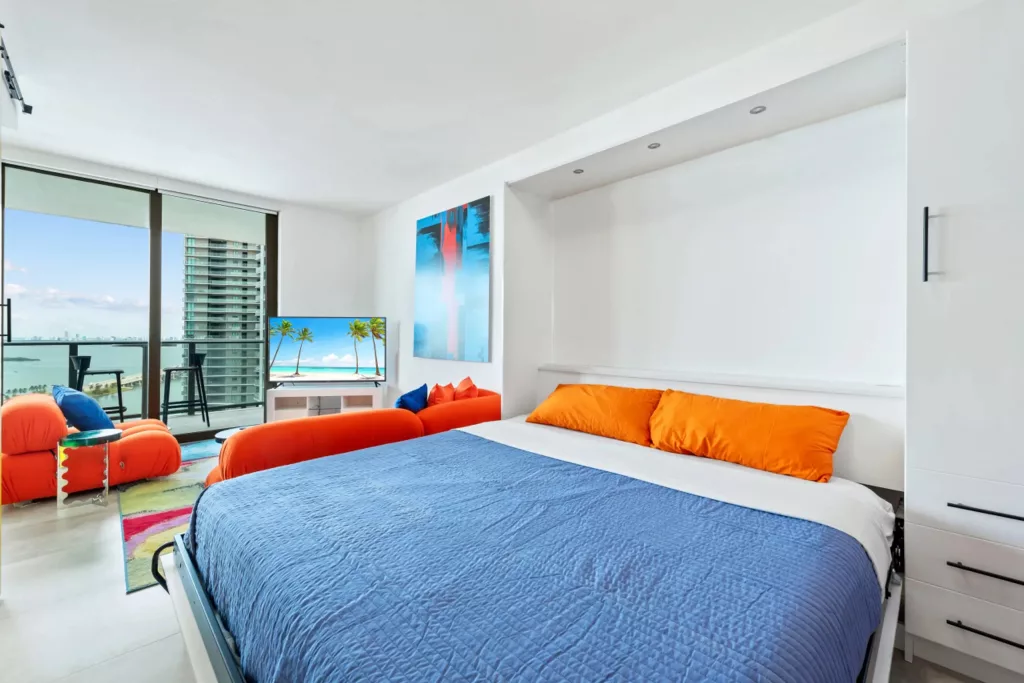As Miami’s short-term rental (STR) market continues to grow, so does regulatory oversight. Miami-Dade County is rolling out new and updated rules to better manage the influx of vacation rentals across the region. These changes directly affect property owners, managers, and real estate professionals who are active in the STR space.
Understanding and complying with these regulations is now more critical than ever—not just to avoid penalties, but to ensure long-term, sustainable rental operations.

Key Regulatory Changes for STRs in Miami-Dade County
Miami-Dade County and several municipalities have implemented new measures aimed at regulating short-term rentals more strictly. These include updates on licensing, zoning, and occupancy limits, designed to protect residential neighborhoods, enforce safety, and maintain fair business practices.
1. Licensing Requirements
All STR hosts must now secure:
A Business Tax Receipt (BTR)A Certificate of Use (CU) from the local municipalityApplicable state-level licenses from the Florida Department of Business & Professional Regulation (DBPR)
Failing to secure proper documentation could result in fines or a forced shutdown of your rental operations.
2. Zoning and Location Restrictions
Not all properties are eligible for STR activity. Local zoning laws restrict STRs in certain areas, especially in single-family residential zones and homeowner associations (HOAs) that prohibit short-term leasing. Cities like Miami Beach, Coral Gables, and others have implemented stricter controls, including complete bans in select neighborhoods.
Before listing a property, owners should confirm the zoning status and any local restrictions in their specific area.
3. Occupancy Limits and Operational Rules
The new regulations also include specific rules on:
Maximum guest limits per property or per bedroomMinimum night stays depending on the zoneRequired posting of guest rules, emergency contact numbers, and local laws inside the rental unit
Properties not following these rules may be subject to enforcement actions or removal from booking platforms.
Penalties for Non-Compliance
Miami-Dade County has increased its enforcement efforts. Violations may result in:
Fines starting at $500 per day, per offenseSuspension or revocation of operating licensesRemoval from platforms like Airbnb, Vrbo, and Booking.com
Some cities are also using monitoring software to track illegal rentals, making it harder for non-compliant listings to fly under the radar.

What This Means for Property Owners and Realtors
For property owners and investors, these new rules can complicate the process of managing a profitable short-term rental. Compliance is no longer optional—it’s essential.
For realtors, it’s critical to understand these regulations in order to guide clients correctly. Whether advising on a purchase or managing an investment property, being informed about STR regulations is a value-add that builds trust and protects your clients.
Let Lunabase Management Handle It for You
Navigating Miami’s complex short-term rental regulations can be overwhelming. At Lunabase Management, we help property owners stay compliant while maximizing returns.
Our team stays up-to-date with all Miami-Dade and city-level rules, so you don’t have to. We offer:
Compliance guidance and STR zoning checksLicensing and documentation supportFull-service STR management including guest communication, turnover, and dynamic pricingLocal insight into the best practices for high-performing vacation rentals
Don’t let paperwork or legal missteps keep you from earning income on your property.
Let Lunabase Management handle your short-term rental in Miami—from compliance to guest experience.
Contact us today to get started.
Leave a Reply